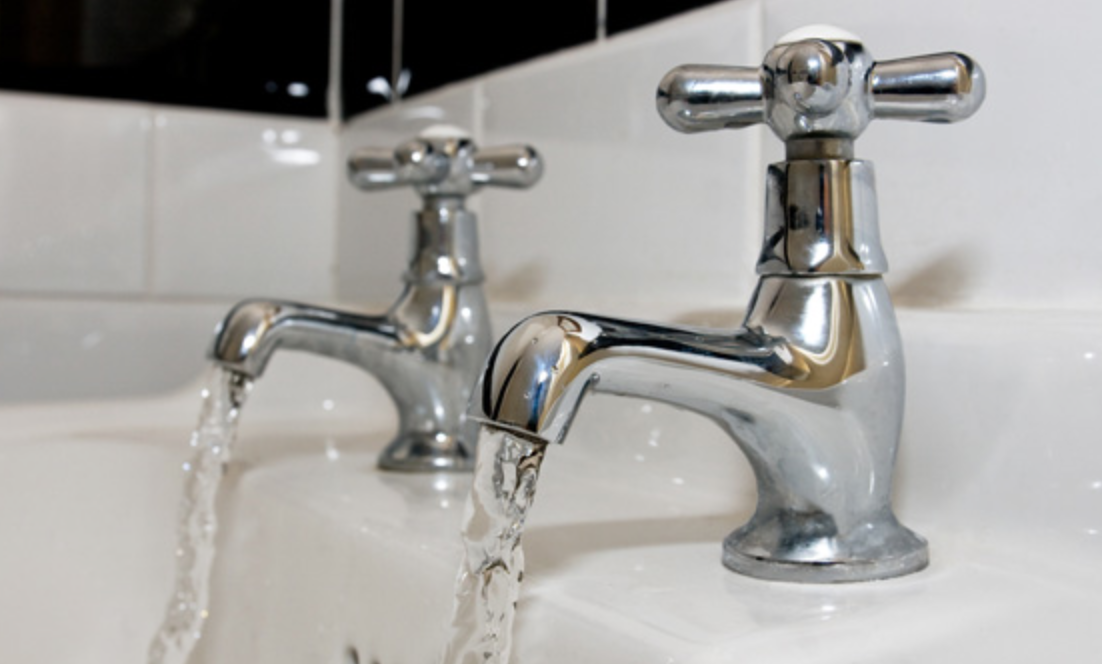Photo: Belmont water and sewer rates.
Belmont households and businesses will see their water and sewer bill increase by a combined 2.6 percent beginning in July as the Belmont Board of Selectmen approved the recommendations from the Belmont Department of Public Works on Tuesday, April 21, at the Beech Street Center.
The average Belmont homeowner who uses 20 HCF (hundred cubic feet) of water each three-month will see their bill jump by $10.13 – from the current $389.77 to $399.90 – in their quarterly bill from the town, nearly topping $1,600 for the coming fiscal year, according to Jay Marcotte, the town’s DPW director.
Those households and businesses the DPW dubbed as “heavy users” will see their bill increase by $27 per quarter.
The increase set for fiscal year 2016 is a significant drop from last year’s 4.6 percent jump in the combined rate.
Marcotte said Belmont’s rate increases are greatly influenced by the assessment from the Massachusetts Water Resources Authority, which supplies the town with water and takes its sewage. And a significant percentage of the MWRA pricing – 63 percent in fiscal 2016 – is influenced by “the large amount of debt it holds.” now topping $400 million in debt in fiscal ’16.
And Marcotte said the MWRA’s assessment will spike upwards – specifically in 2017 and 2020 – due to large increases in scheduled debt payments.
The rate increases come as Belmont residents have steadily reduced their consumption of water usage over the past two decades. From a high of 1.05 billion gallons consumed in 1995, households and businesses have decreased their water usage to 767 million gallons in 2014.
But while households’ have become more efficient and consumption trends point downward, “rates will need to increase to maintain and serve the public,” said Marcotte as fixed costs of capital projects and operation costs continued to rise.
The largest capital reinvestment program – which began in 1995 – is to replace every water main installed before 1928 or about 38 miles of pipes. As of today, 24 miles – or 63 percent – of the work is complete. In addition, the town has replaced two sewage pump stations while moving forward with a new pump station in the Winn Brook area.








Leave a Review or Comment